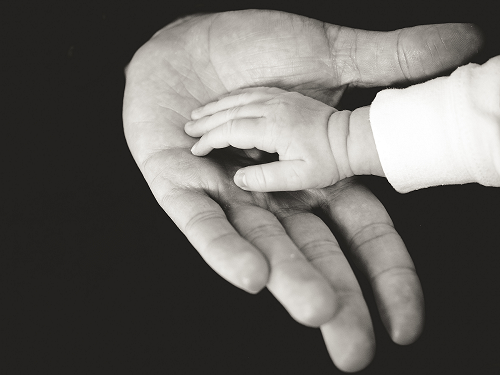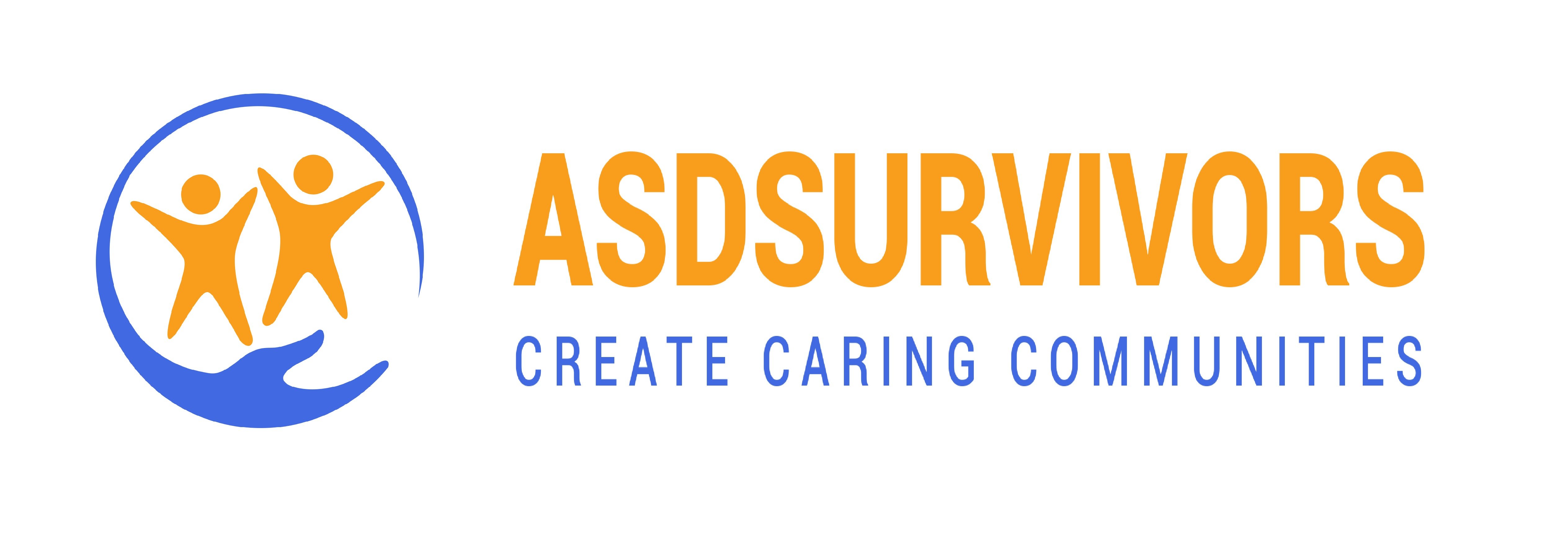KNOW THE SYMPTOMS AND DETECT AUTISM EARLY

Autism – Still a mystery
How do we detect Autism when we do not fully know the mysteries behind autism There are lot of researches being done in the world and there are scores of kids and adults benefiting from the new studies. But all the leading psychiatrists and psychologists have been unanimously advocating early detection of Autism as the your best chance of effectively overcoming autism’s influence on ones life.
Researchers are developing new ways to detect Autism and now its been recognised that children exhibit symptoms of Autism from an very early age and a trained medical practitioner can diagnose Autism from as early as 18 months. As a parent, one should be aware of the signs to be able to detect them in one’s child so as to make necessary early interventions.
What is ASD
Autism spectrum disorders (ASD) refer to a group of developmental disorders that appears in the first 3 years of life and includes Autistic Disorder (i.e., autism), Asperger Disorder, and Pervasive Developmental Disorder (PDD). Children with an ASD diagnosis show difficulties in three areas: i) language and communication, ii) socialization and restricted interests and/or repetitive behaviors. Many different symptoms can manifest within each of these areas. Severity of Autism may range from mild to medium to severe. Recommended reading What is ASD
Key to Detection
The key to detecting autism lies in monitoring the child closely. The parent should watch whether the child is hitting the developmental milestones as a normal child would. It should be noted that while every child grows at his or her pace, and a delay in development does not necessitate autism or any other developmental disorder, parents should not wait for the child to outgrow the problem.
If the child has delay in hitting the milestone, parents should meet their pediatrician and discuss the concerns. The pediatrician is trained to conduct an initial screening and can refer to a specialist psychiatrist if further assessment is required. A child psychiatrist can easily detect autism and would be in a better position to guide you for future treatment.
Regression of any kind is a serious autism warning sign
Some children with autism spectrum disorder start to develop communication skills and then regress, usually between 12 and 24 months. For example, a child who was communicating with words such as “mommy” or “up” may stop using language entirely, or a child may stop playing social games he or she used to enjoy such as peek-a-boo, patty cake, or waving “bye-bye.” Any loss of speech, babbling, gestures, or social skills should be taken very seriously, as regression is a major red flag for autism.
Signs and symptoms
Younger kids :
- Does not make eyecontact with mother when feeding
- Never smile back at you
- Does not respond to familiar sound
- Do not make noises to get your attention
- Do not respond to cuddling or reach out to be picked up
Older Kids Above 2 years :
- Appears disinterested or unaware of other people or what’s going on around them
- Doesn’t participate in games with children of their age.
- Has trouble understanding feelings or talking about them
- Doesn’t seem to hear when others talk to them or hear when they are called by name.
- Speaks in an abnormal tone of voice, or with an odd rhythm or pitch (e.g. ends every sentence as if asking a question)
- Repeats the same words or phrases over and over, often without communicative intent
- Responds to a question by repeating it, rather than answering it
- Has difficulty communicating needs or desires
- Doesn’t understand simple directions, statements, or questions
- Avoids eye contact
- Reacts unusually to sights, smells, textures, and sounds. May be especially sensitive to loud noises. Can also be unresponsive to people entering/leaving, as well as efforts by others to attract the child’s attention.
- Abnormal posture, clumsiness, or eccentric ways of moving (e.g., walking exclusively on tiptoe)
- Follows a rigid routine (e.g., insists on taking a specific route to school)
- Has difficulty adapting to any changes in schedule or environment (e.g., throws a tantrum if the furniture is rearranged or bedtime is at a different time than usual)
- Unusual attachments to toys or strange objects such as keys, light switches, or rubber bands. Obsessively lines things up or arranges them in a certain order.
- Preoccupation with a narrow topic of interest, often involving numbers or symbols (e.g., playing with only numbers, watching a rhyme repeatedly)
- Spends long periods watching moving objects such as a ceiling fan, or focusing on one specific part of an object such as the wheels of a toy car
- Repeats the same actions or movements over and over againlike
- Flapping of hands
- Rocking back and forth
- Spinning in a circle
- Finger flicking
- Head banging
- Moving fingers in front of the eyes
- Snapping fingers
- Lining up toys
- Flicking light switches on and off
- Repeating words or noises
Developmental red flags
The following delays warrant an immediate evaluation by your child’s pediatrician:
- By 6 months: No big smiles or other warm, joyful expressions
- By 9 months: No back-and-forth sharing of sounds, smiles, or other facial expressions
- By 12 months: Lack of response to name
- By 12 months: No babbling or “baby talk”
- By 12 months: No back-and-forth gestures, such as pointing, showing, reaching, or waving
- By 16 months: No spoken words
- By 24 months: No meaningful two-word phrases that don’t involve imitating or repeating

The best way for parents to detect autism would be to watch closely the childs milestones and consult the paedtrician if you find anything that need to be discussed.

